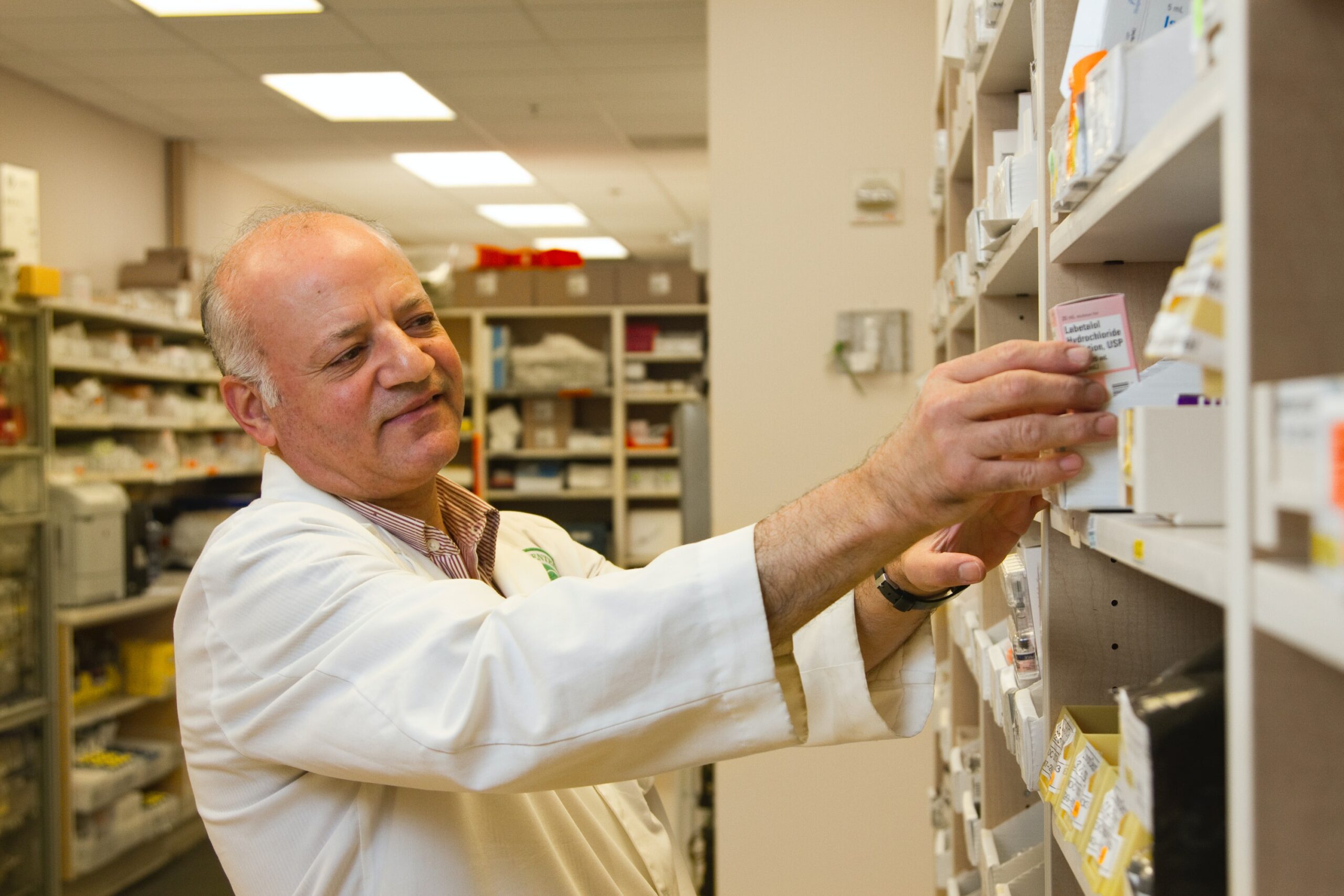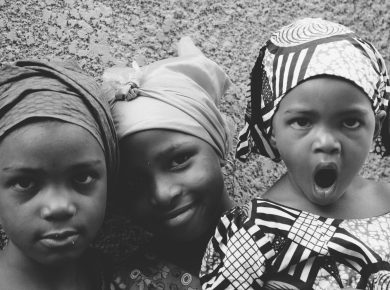Christian Religious Studies has been a dynamic business environment around the world. It is designed to provide exceptional cutting-edge knowledge for school and open and distance learning, and is suited for Christian religious studies programmes.
The programme is designed to provide functional, cost-effective, flexible learning, adding lifelong value to quality education for all seeking knowledge.
CRS HID GENERAL INTRODUCTION TO THE STUDY OF RELIGIONS 3C
This course examines the origin of the definition and elements of religion. Theories about the origin of religion, Deification, Sociological, Psychological; Revelation, Inter-religious disciplines such as Religion and Political. Religion and Ethics. Religion and Economics, etc.
CRS 112 GENERAL INTRODUCTION TO THE STUDY OF OLD TESTAMENT BOOKS 3C
The course examines the Old Testament books as unique and inspired by God. It discusses the importance of the Old Testament as the foundation upon which the New Testament is built. The Canon of the Old Testament is discussed. Particular attention is paid to the Pentateuch.
CRS 113 SURVEY OF A.T.R. -1 3R
This course attempts to define A.T.R. It discusses the structure and characteristics of A.T.R. The error of identity, concept of the Supreme Being, names and attributes of God, man about God.
CRS 114 EARLY CHURCH HISTORY 3E
This course discusses the history of the early church from its origin to the Council of Chalcedon in 451 AD. It shall examine in detail the persecution of the church under Emperor Nero, Diocletian, Valeria and the emancipation of the church under Emperor Constantine. It shall also examine some of the early schismatic and heretical movements and the doctrinal controversies.
CRS 121 INTRODUCTION TO THE STUDY OF NEW TESTAMENT BOOKS 3C
The course traces the history of the New Testament Canon and Text. A general introduction to the books of the New Testament.
122 RELIGION AND HUMAN VALUE 3C
This course examines religious values vis-à-vis human values. The scope of discussion will embrace the following:
- Religion as if it affects man-to-man relations. 2. Man’s self-respect and obedience to constituted authority. 3. Religion, life, and social life. 4. Simplicity. 5. Man and Society,y etc. 6. Meaning of Human Values. 7. Sources of Human Values.

CRS 123 THE PLANTING OF CHRISTIANITY IN WEST AFRICA 3R
The evolution of Christianity in West Africa: The Advent of Christian Missionaries. The missionaries scrambled for Africa. Christian Missions in Nigeria. The impact of Christianity in Nigeria. The role of Sierra Leone as the bedrock of Christianity in Africa. Contributions of the following: Henry Venn Townsend, Thomas Thompson.
CRS 124 HISTORY AND RELIGION OF ISRAEL FROM MONARCHY 3C
An analytical study of the religious evolution of Israel. The key institutions of the Old Testament, the Judges, the priesthood, the Monarchy, Prophecy and the Temple in Jewish religious and social history.
CRS 211 INTRODUCTION TO PHILOSOPHY OF RELIGION 3C
Students are introduced to the basic meaning and characteristics of the philosophy of religion. The following topics are discussed in detail:
- The relationship between philosophy and religion.
- The influence of science on religion and vice versa.
- Soul 4. Death 5. Miracle 6. Destiny
- Relationship between Faith and Reasoning
CRS 212 THE SYNOPTIC GOSPELS 3C
The course examines the authorship, purpose, date, characteristics and content of each of the synoptic gospels. An attempt is made to solve synoptic problems.
CRS 213 GREEK GRAMMAR AND SYNTAX 1 3R
The course introduces the students to elementary grammar, conjugation, declension of verbs, nouns, syntax, accents, lexis, and adjectives.
CRS 214 THE CHURCH REFORMATION 3E
The course introduces a reflection on the condition of the Catholic (Universal) church before the Reformation and the Renaissance, and dwells on the contribution of Martin Luther as the father of the Reformation. E.g. John Calvin. Contribution of John Calvin, Brand Zwingli. The effects of reformation.
CRS 221 METHODOLOGY 1 3C
The course exposes students to the various teaching methods at their disposal, such as lecturing, assignments, and field discussion etc.
CRS 311 COMPARATIVE STUDY OF WORLD RELIGIONS 3C
The course examines the characteristics of the World’s major religions to bring out areas of common features inherent in them. Religions to be discussed should spread around the World. At least one religion should be studied from each geographical location stated below.
- India – Buddhism and Krishna
- East Asia – Confucianism, and Jaisim and Shintoism
- Near East – Judaism, Christianity and Islam
- Middle East – Zoroastrianism.
CRS 312 OLD TESTAMENT THEOLOGY 3C
This course discusses the basic themes in the Old Testament Theology- Exegesis, Hermeneutics (Sense of interpretation), Homiletics, and the Old Testament Concept of salvation (Physical and Spiritual). The place of kings, prophets and priests in the economy of God’s acts. Contemporary approach to the Old Testament: the relationship between the Old Testament and the New Testament.
CRS 313 ECUMENISM 3C
The course traces the history of the ecumenical world among Christian denominations. Organisations to be considered include the Catholic Church, the Anglican Church, the World Council of Churches, etc. Efforts toward church unit,y e.g. Christian Association of Nigeria (CAN): Young Men’s Christian Association (YMCA), Young Women’s Christian Association (YWCA), etc.
CRS 314 GREEK GRAMMAR AND SYNTAX D 3R
This course introduces students to formal grammatical syntax and sentence analysis. Construction of simple sentences.
CRS 222 INTRODUCTION TO SOCIOLOGY OF RELIGION 3C
The course introduces students to the fundamental meanings of Sociology and Religion. Other areas of discussion are Religion and Social Values and control, the Sociological dimension of traditional religion, oracles, shrines and taboos, positive and negative functions of religion in society. The contribution of the following scholars to the study of religion will be examined: (a) Auguste Comte (1798-1857), (b) Karl Marx (1818-1883), (c) Emile Durkheim (1856-1917), and (d) Max Weber (1864-1920)
CRS 223 HEBREW GRAMMAR AND SYNTAX 1 3R
Introduction to the Hebrew alphabet and numerals
Formation of simple words:
- Singular ii. Plurals iii. Introduction to Hebrew Grammar
- Present, past and future tenses v. Conjugation and declension.
CRS 224 CHRISTIAN ETHICS 3E
The course examines the definition of Ethics and the relationship between religion and morality; the Difference between moral and immoral actions; the Determination of morality; the biblical foundations of Christian Ethics; the Old and New Testaments’ Approaches to decision-making, e.g. legalistic, situational and median. Contributions made by Tertullian, Aquinas, and Emmanuel Kant.
CRS 315 INDIGENOUS CHURCHES IN WEST AFRICA 3E
This course examines the causes of the rise of indigenous churches in West Africa. It traces the history of their founders, their doctrines and their impacts on the people. Particular attention is paid to the following:
(a) Christ Apostolic Church (b) Celestial Church of Christ
(c) Cherubim and Seraphim Church (d) The Muzama Disco Christo
(e) William Wade Harris Movement (f) The Church of the Lord Aladura (g) Church Garrick Sokare Braick in Liberia.
CRS 321 PHILOSOPHY OF RELIGION II 3C
The courses discuss basic theistic arguments such as the Ethological argument, the Cosmological argument, and the Teleological argument. Other topics of discussion are {a} The problem of evil, {b} Theodicy of any of the following: St. Augustine, William Leibniz, Schleiermacher, etc.
CRS 322 METHODOLOGY II 3C
This course is a follow-up to CRS I 124, but the emphasis here would be based on the method of proper documentation, oral/written. This is aimed at preparing students for his/her long essay.
CRS 323 PAULINE EPISTLES 3R
The course examines the biography of St. Paul with the ultimate focus on his letters. Emphasis shall be placed on one of his epistles from each group outlined below: Travel letters – Romans, 1st and 2nd Corinthians and Galatians. Captivity letters: Philippians, Philemon, Colossians and Ephesians. Pastoral letter: 1st and 2nd Timothy, Titus.
CRS 324 HEBREW GRAMMAR AND SYNTEXT II 3R
Students are further exposed to the basic knowledge of the Hebrew Language to be able to read the Old Testament (Hebrew). To be taught are: 1. Formation of simple sentences.
- Simple Grammar
- Simple basic translations.
CRS 411 A.T.R II 3R
This course deals with the African Rites in connection with birth, puberty and marriage. Secret societies, e.g. Ogboni (Nig.), Poro (S/Leone), Witchcraft, Family clan relationships, moral values and life after death.
CRS 412 ACTS OF THE APOSTLES AND ST. JOHN 3C
The history of the church, as contained in the book, sis closely studied. To be noted are the activities of the Apostles and the manifestations of the Holy Spirit in the books. This is studied with the 4th gosl, noting its distinct characteristics and features.
CRS 413 GREEK TRANSLATION 3R
The course introduces students to the elements of linguistics and techniques of translation from English to Greek vice Selected passages from the New Testament are translated from English to Greek. Preferably passed from the Gospels of Matthew and John.
CRS 421 NEW TESTAMENT THEOLOGY 3C
The course sets out to discuss the following themes in the New Testament Theology: {a} Soteriology, {b} Phenomenology, {c} Christology, {d} Sacrament, {d} Eschatology, {e} Holy Spirit, {f} Creation.
CRS 422 HEBREW TRANSLATION 3R
The course studies elements of linguistics and techniques of translation through the use of straightforward passages from English to Hebrew and vice versa.
CRS 423 RELIGION AND SOCIAL CHANGE 3E
The course studies the cultural contents and the dynamics of religion. Religion as a socio-organisational and normative form. The socio-dimension of religious practices. It also discusses how religion has affected social change and vice versa.
CRS 425 PROJECT 4C
Each student will be required to write a long essay on a topic relevant to the course. The topic should be chosen after careful consultation with the members of the Department, and the essay should not be more than 6,000 words.
INSTRUCTIONAL GRADING METHODS
We are an online University that provides top-notch academic and professional programs, which will create value for your future in the world.
Evaluation: All students will be evaluated at the end of each semester based on the following:
-
Tutor Marked Assignments
The lecturer-marked assignments (LMAs) are multiple-choice questions that will be administered online during every semester. The LMAs carry 30%.
-
End of Semester Examination
The school conducts the end of each Semester examination. The examination’s overall scores carry 70%.
Master’s Degree (MSc) in Christian Religious Studies
The master’s degree programme is designed to carry out further research on the knowledge and training the students have received in their first degree. The university’s department will prescribe the courses you will offer throughout your degree.
The courses will be selected from the courses in the first degree for further studies before the Master’s dissertation (Project). The topic of the project will be discussed with your assigned supervisor (s).
Minimum Tenure of the Programme
The tenure for the Master’s degree programme for Christian Religious Studies is a minimum of four (3) Semesters full-time and 4 semesters for a part-time programme. It is the same thing with other curricula we discussed here.










